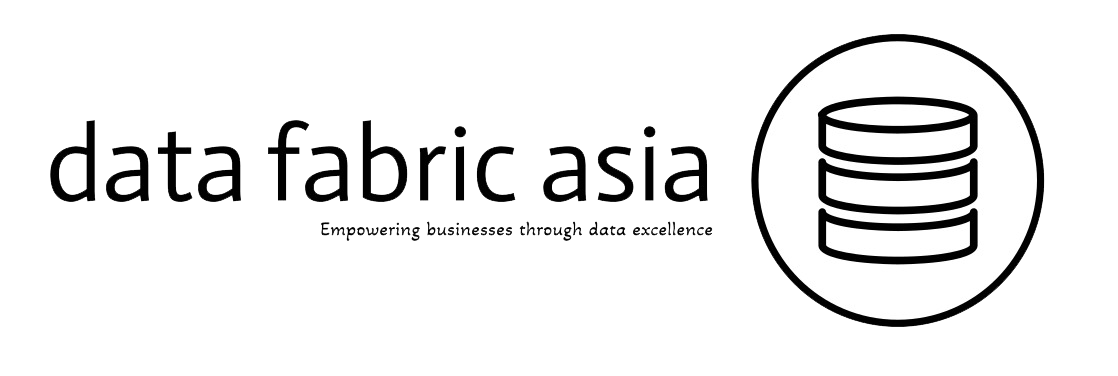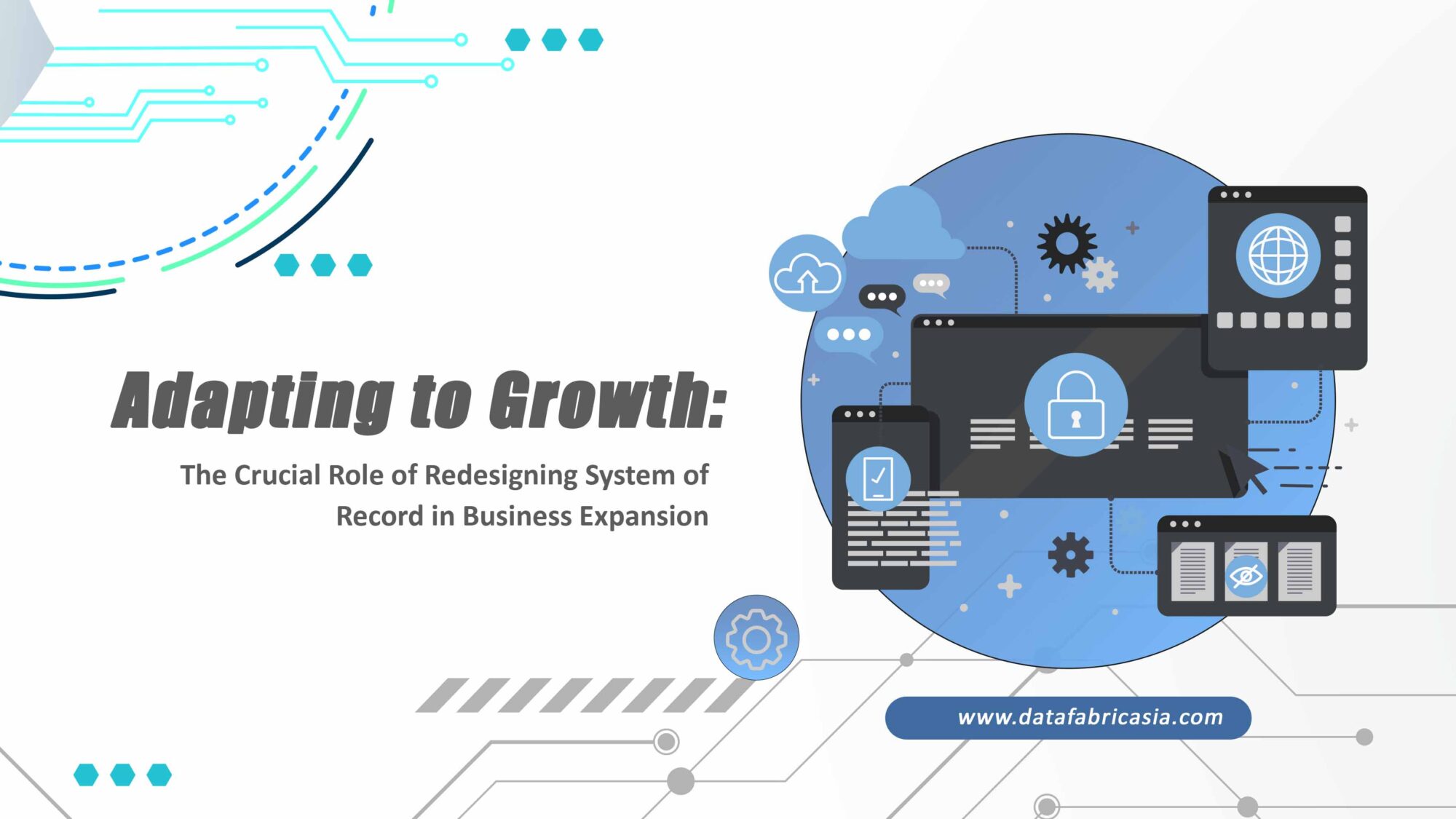Harnessing Growth: The Imperative of Modernizing Your Data Platform
In an era defined by data-driven decision-making and rapid technological advancements, the importance of modernizing your data platform cannot be overstated. As businesses navigate the complexities of the digital landscape, the ability to harness the full potential of data emerges as a key determinant of success. Here, we delve into the crucial aspects that underline the significance of embracing a modernized data platform.
1. Real-Time Insights for Agile Decision-Making
Traditional data platforms often struggle to provide real-time insights due to their inherent limitations. Modernizing your data platform empowers your organization with the ability to capture, process, and analyze data in real time. This agility in data processing translates into quicker and more informed decision-making, enabling your business to respond promptly to market changes, customer preferences, and emerging trends.
2. Scalability to Accommodate Growing Data Volumes
As businesses expand and generate increasing volumes of data, scalability becomes paramount. Legacy data platforms may face challenges in handling the exponential growth of data. A modernized data platform is designed to scale seamlessly, accommodating growing data volumes without compromising performance. This scalability ensures that your organization can sustain its data requirements as it evolves and grows.
3. Enhanced Security and Compliance
In an environment marked by rising cyber threats and stringent regulatory requirements, data security is non-negotiable. Modernizing your data platform introduces advanced security features that protect sensitive information from unauthorized access and cyber-attacks. Additionally, compliance with data protection regulations becomes more manageable, as modern platforms often come equipped with built-in features to ensure adherence to industry-specific and global data governance standards.
4. Integration of Advanced Analytics and Machine Learning
The true value of data lies not just in its quantity but in the actionable insights it can provide. Modernizing your data platform facilitates the integration of advanced analytics and machine learning capabilities. This empowers your organization to derive meaningful patterns and predictions from your data, unlocking new opportunities for innovation, personalized customer experiences, and operational efficiency.
5. Empowering Data-Driven Cultures
A modernized data platform is a catalyst for fostering a data-driven culture within an organization. By making data easily accessible and understandable to all stakeholders, from executives to frontline employees, you create an environment where data is not just a tool for analysts but a strategic asset for everyone. This cultural shift towards data-driven decision-making enhances collaboration and empowers individuals at all levels to contribute to the organization’s success.
6. Cost Efficiency and Resource Optimization
Legacy data platforms often require substantial resources for maintenance and upgrades. Modernizing your data platform can lead to cost efficiencies by leveraging cloud-based solutions, reducing hardware costs, and optimizing resource utilization. Cloud-based platforms also offer the flexibility to pay for the resources you use, providing a cost-effective solution for organizations of all sizes.
Conclusion: Seizing the Future with a Modernized Data Platform
In conclusion, the imperative to modernize your data platform is not merely a technological trend but a strategic necessity in the contemporary business landscape. The benefits extend beyond operational efficiency to encompass agility, security, innovation, and cultural transformation. As organizations strive to stay competitive and relevant, adopting a modernized data platform becomes a decisive factor in seizing the opportunities of the digital age. By embracing this transformation, businesses position themselves to harness the full potential of their data, unlocking new possibilities and propelling themselves into a future defined by data-driven success.

